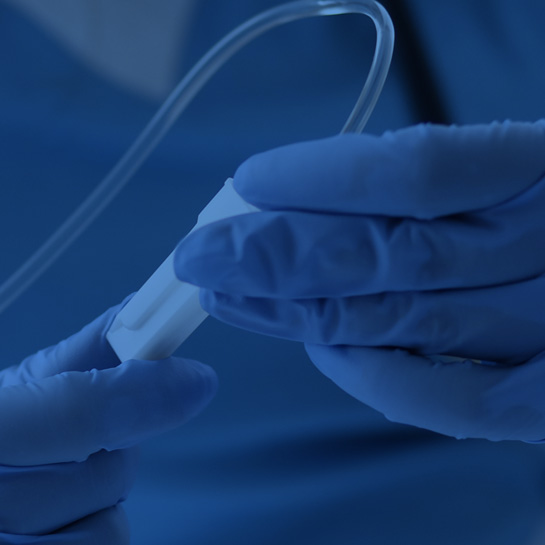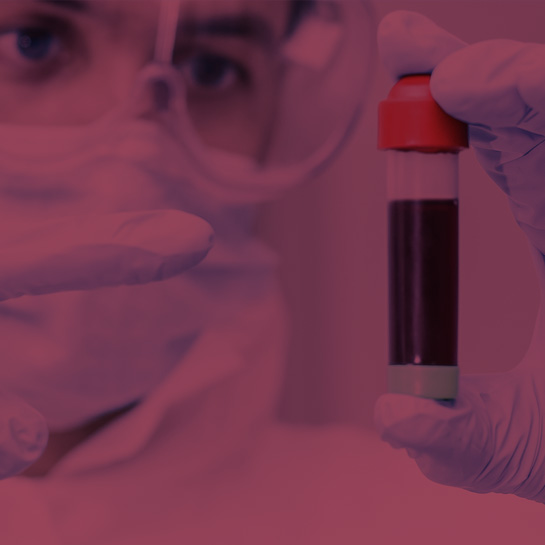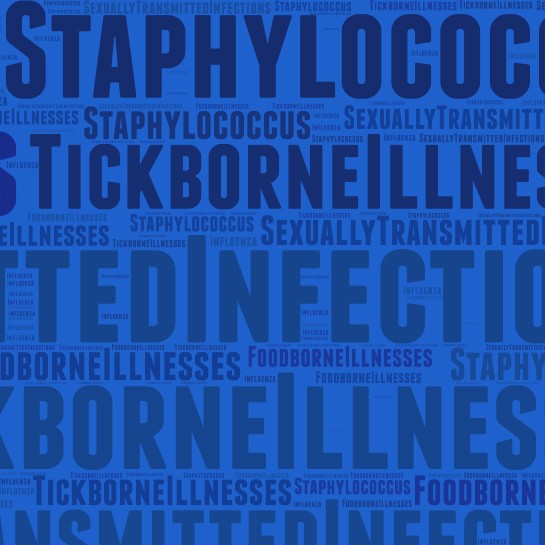Symptoms and Treatment
for Peptic Ulcers
What are peptic ulcers?
A peptic ulcer is an open sore in the lining of your stomach or inside the upper portion of your small intestine (duodenum). When the acids that help you digest food damage the walls of the stomach or the upper part of your small intestines, peptic ulcers occur. The most common cause of peptic ulcers is due to a bacterium called Helicobacter pylori (H. pylori), although long-term use of nonsteroidal anti-inflammatory medicines (NSAIDS), including aspirin and ibuprofen, may also cause peptic ulcers. Contrary to popular belief, stress and spicy foods will not cause ulcers, though they can make them feel worse.
What are the symptoms of peptic ulcers?
Burning pain in your stomach is the most common symptom of ulcers. This pain may come and go for a few days or weeks, bother you more when your stomach is empty, or go away after you eat. However, many people with peptic ulcers won’t experience any symptoms.
How does ID Care diagnose peptic ulcers?
First, an ID Care specialist will do a comprehensive review of your medical history and perform a physical examination. To detect whether or not the H. pylori bacteria is in your system, we may perform laboratory tests that examine your blood, stool, or breath. If further examination is needed, our team will refer you to one of our affiliated hospitals for an endoscopy or an X-ray for a closer look at your upper digestive system.
How does ID Care treat peptic ulcers?
Treatment for your peptic ulcers will depend on the cause of them. However, if you don’t receive any treatment, your peptic ulcers will get worse. Usually, treatment includes medicines to block stomach acids or antibiotics that kill ulcer-causing bacteria. These treatments are often very successful in healing your ulcer, although avoiding alcohol and not smoking will also help. If your ulcers do not heal, we may recommend having surgery at one of our affiliated hospitals.








